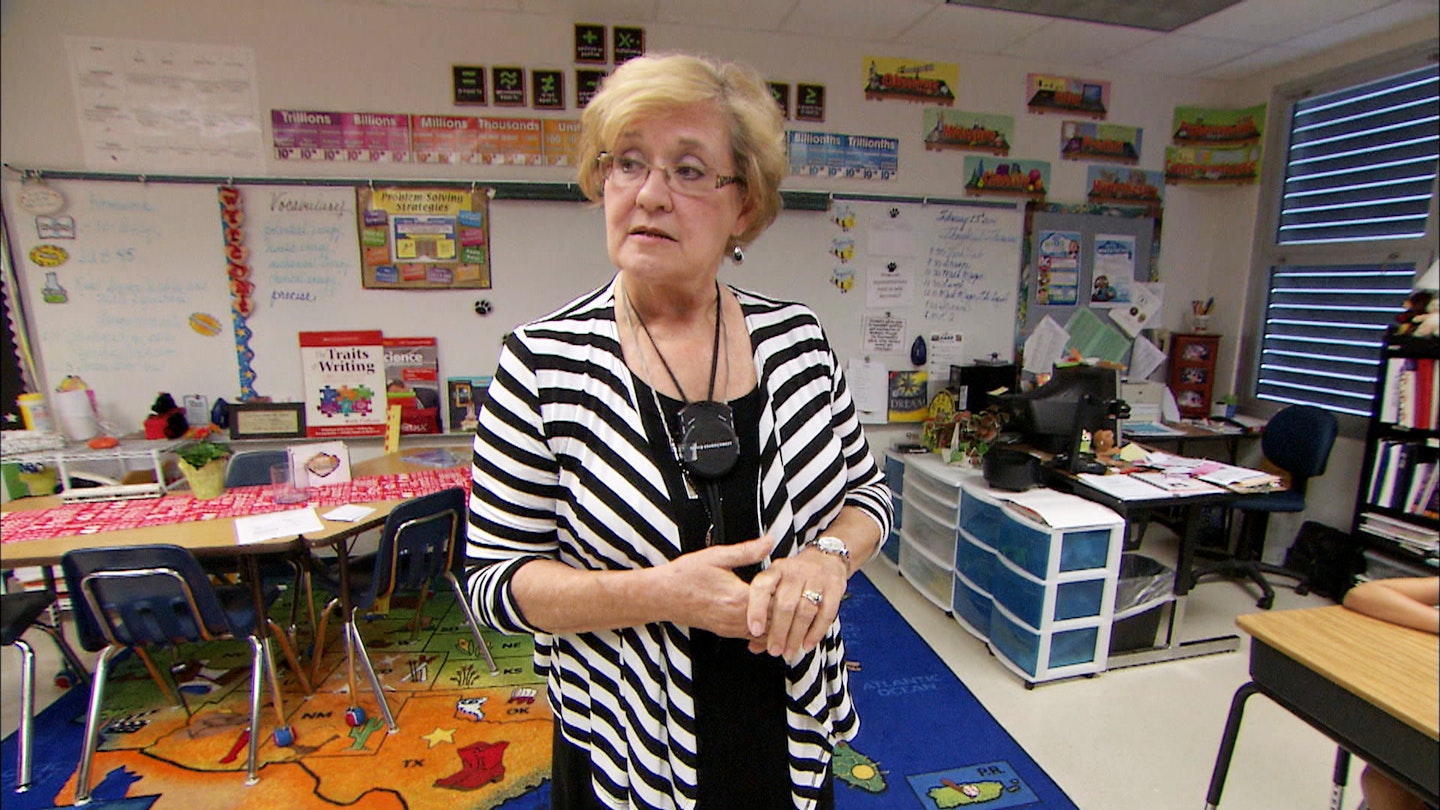Four years ago, a maths teacher’s ingenious idea first went viral and this amazing story is still popping up everywhere online. An American school teacher, Kathy Pitt, used one simple tactic to help her better understand the dynamics of her classroom.
Kathy asks her students to write down the name of a classmate who has excelled themselves that week, as well as the names of other classmates that they would like to sit next to the following week. Why does she do this? At the end of the week, she reviews the cards to see if any particular patterns show up. She is looking out for four main things:
Who is not getting requested by anyone else?
Who doesn’t even know who to request?
Who never gets noticed enough to be nominated?
Who had a million friends last week and none this week?

Kathy is not hoping to find the most exceptional or most frequently requested student. She is actually trying to find out who is lonely, who might be struggling and who might be at risk of ‘falling through the cracks’. She might even try to figure out who is being bullied and who might be doing the bullying.
Once she knows this, she can monitor certain students and work to make everyone feel included in the group. It gives her an insight into what is going on below the surface so she can focus on those who might need a little extra help. All this is done in secret, meaning the students never know the true meaning behind this strategy.
How long had Kathy been doing this? 20 years. Every Friday since the Columbine school shootings. She felt it was important to prevent children feeling so disconnected that they might resort to violence, by showing them that they are seen, noticed and valued.
This brilliant trick was originally shared on Momastery, the blog of American author Glennon Doyle, whose son was taught by Kathy Pitt. Doyle describes her as ‘saving lives’ by doing what she can to fight violence ‘early and often’.
Do you think this trick would work well in your child's school? Do you have any tips of your own? Let us know on Facebook or Twitter!
Now read: 11 teachers give their advice to parents with kids starting school in September
How to get your little one school ready
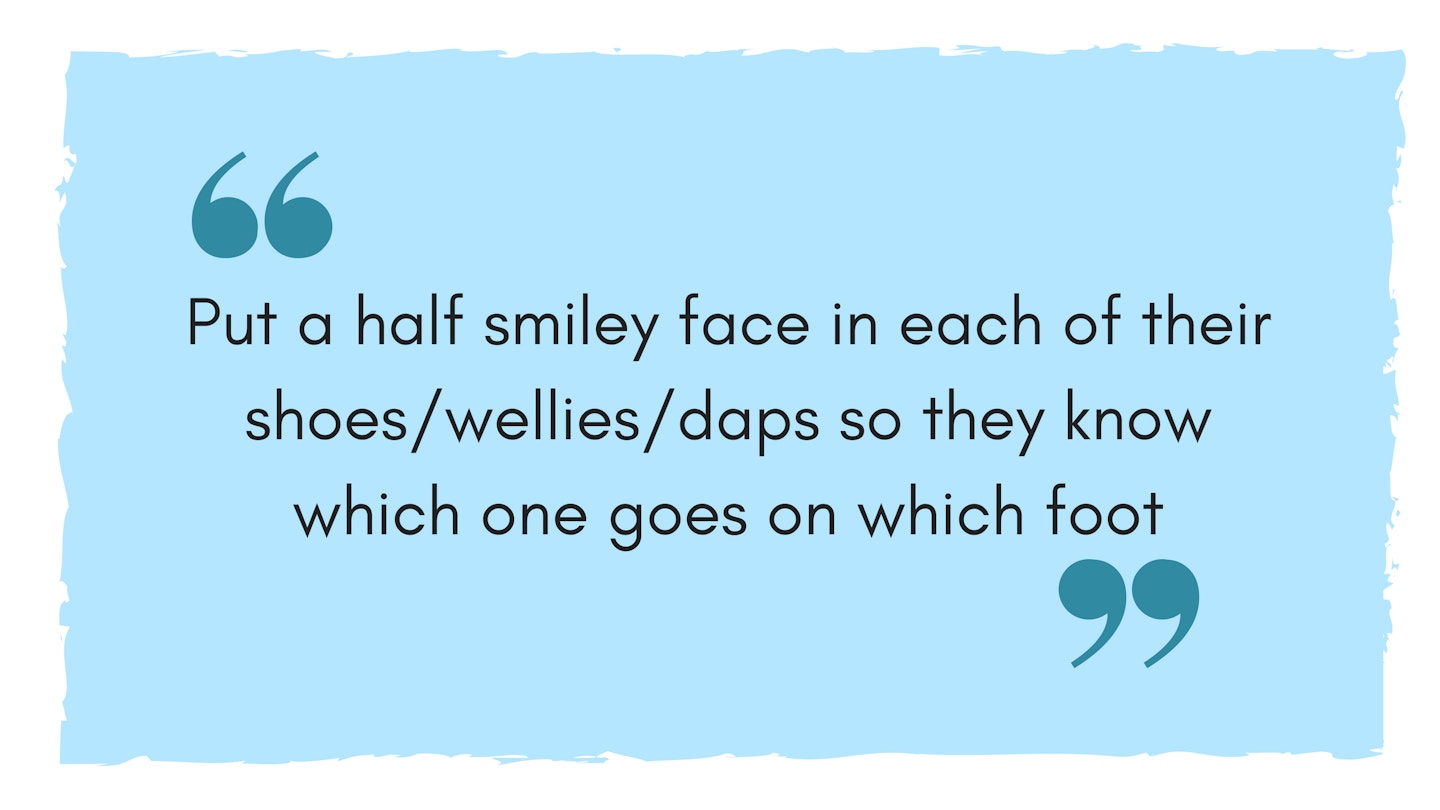 1 of 11
1 of 11primary teaching 2
- 'Put a half smiley face in each of their shoes/wellies/daps so they know which one goes on which foot.' Little ones will love it, too!
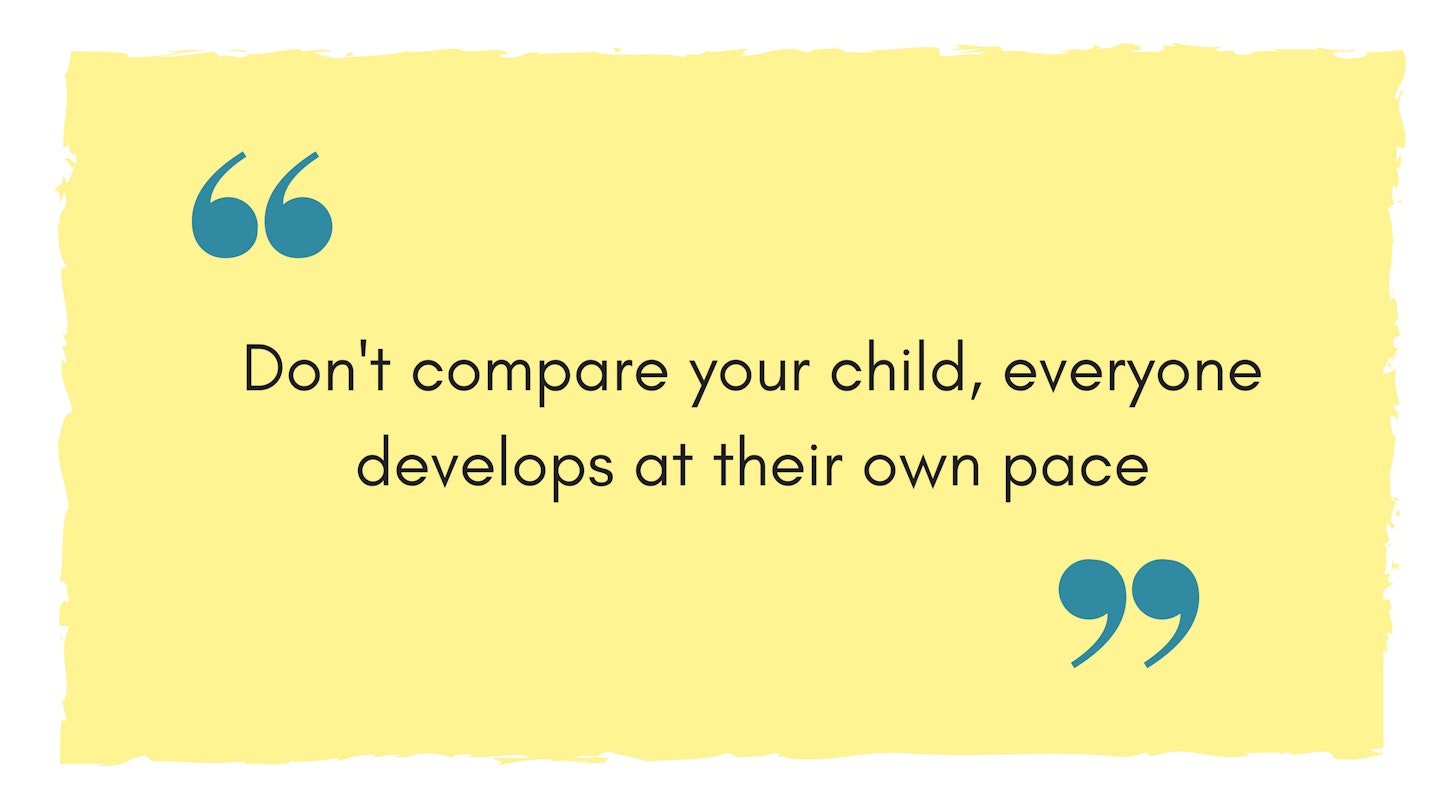 2 of 11
2 of 11primary teaching 5
- 'Don't compare your child, everyone develops at their own pace'
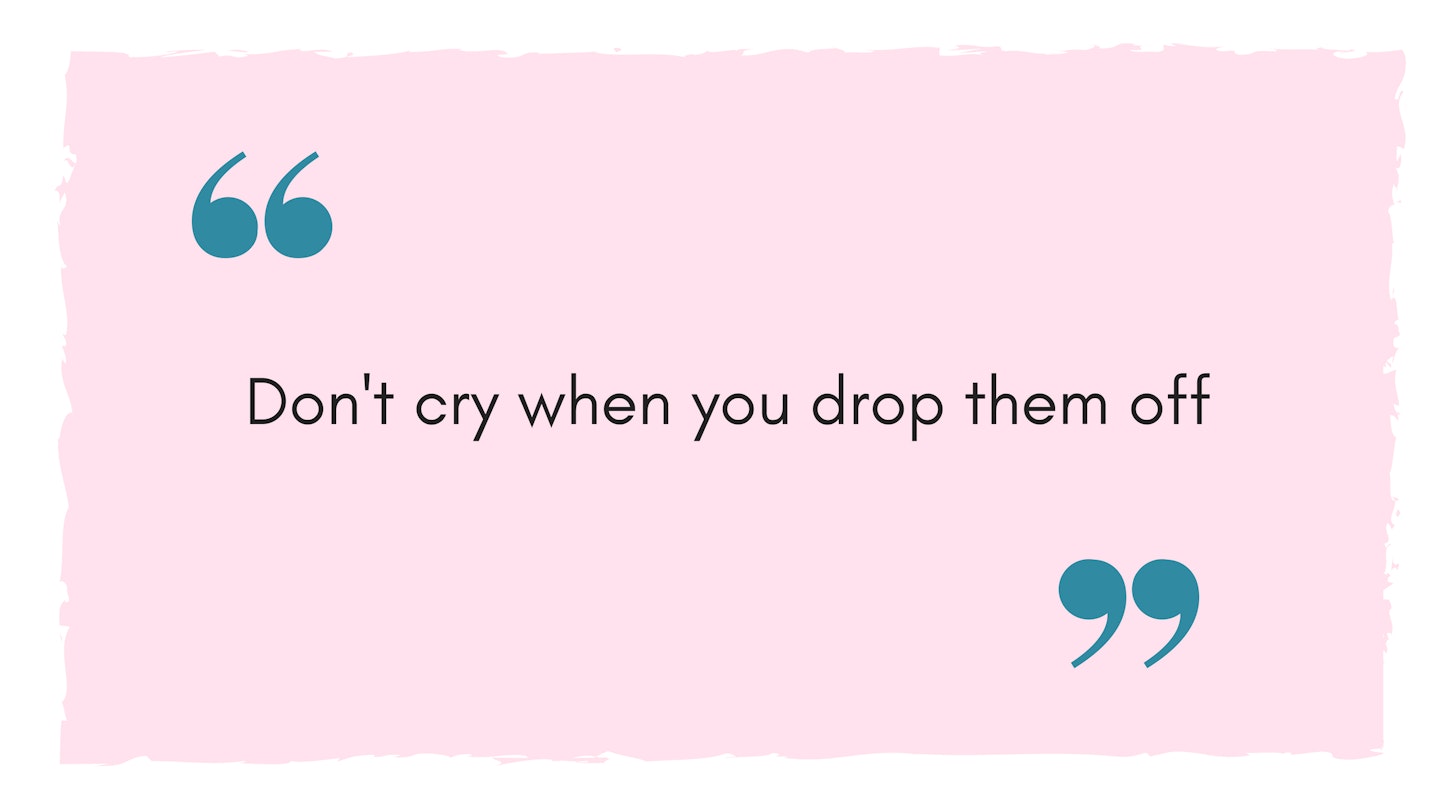 3 of 11
3 of 11primary teaching 4
- 'Don't cry when you drop them off! They should feel safe going into class and crying might make them even more anxious!'
 4 of 11
4 of 11primary teaching 3
- 'Name absolutely everything!'
 5 of 11
5 of 11primary teaching 8
- 'Don't talk about anything you don't want to be shared with their teachers and other school staff in front of them, because we will find out about everything (from swear words used at home to parents pubic hair routines!)
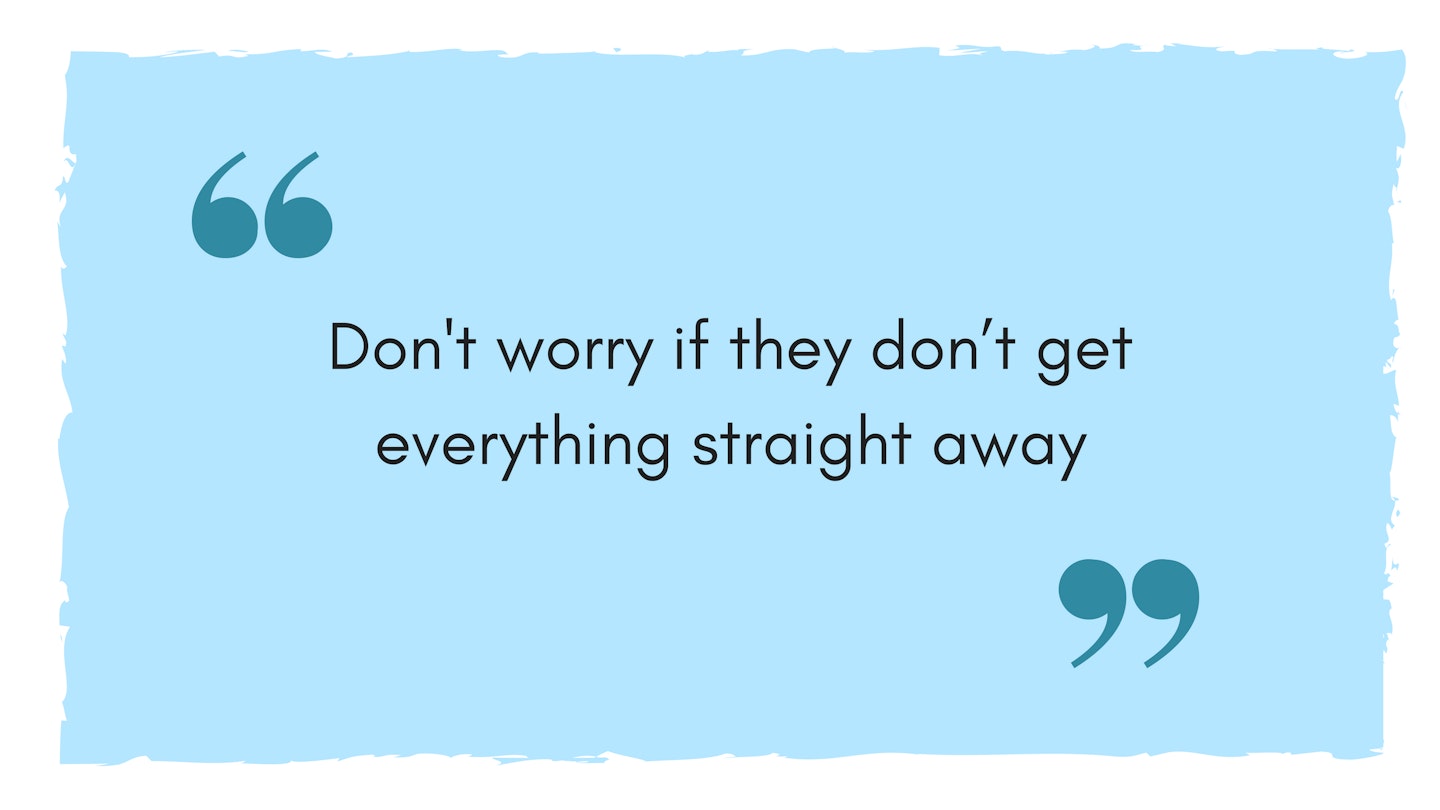 6 of 11
6 of 11primary teaching 1
- 'Don't worry if they don't get everything straight away'
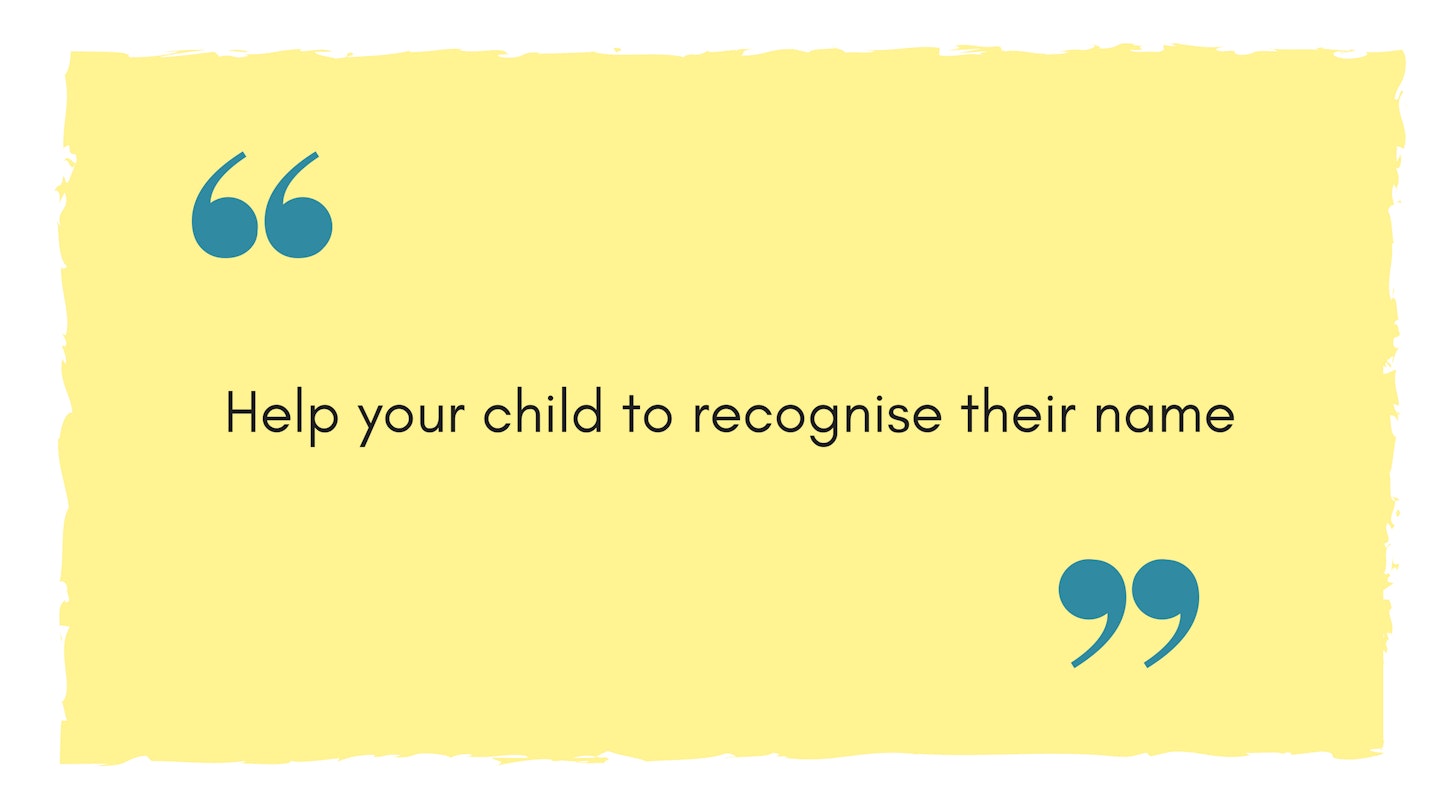 7 of 11
7 of 11primary teaching 7
- 'Help your child recognise their name! Nearly everything in your child’s new classroom will have their name, including their coat peg and their work tray. Most Reception children will also be required to do self-registration where they find their name to show they’re in class that day.' FromLearning Made Fun blog.
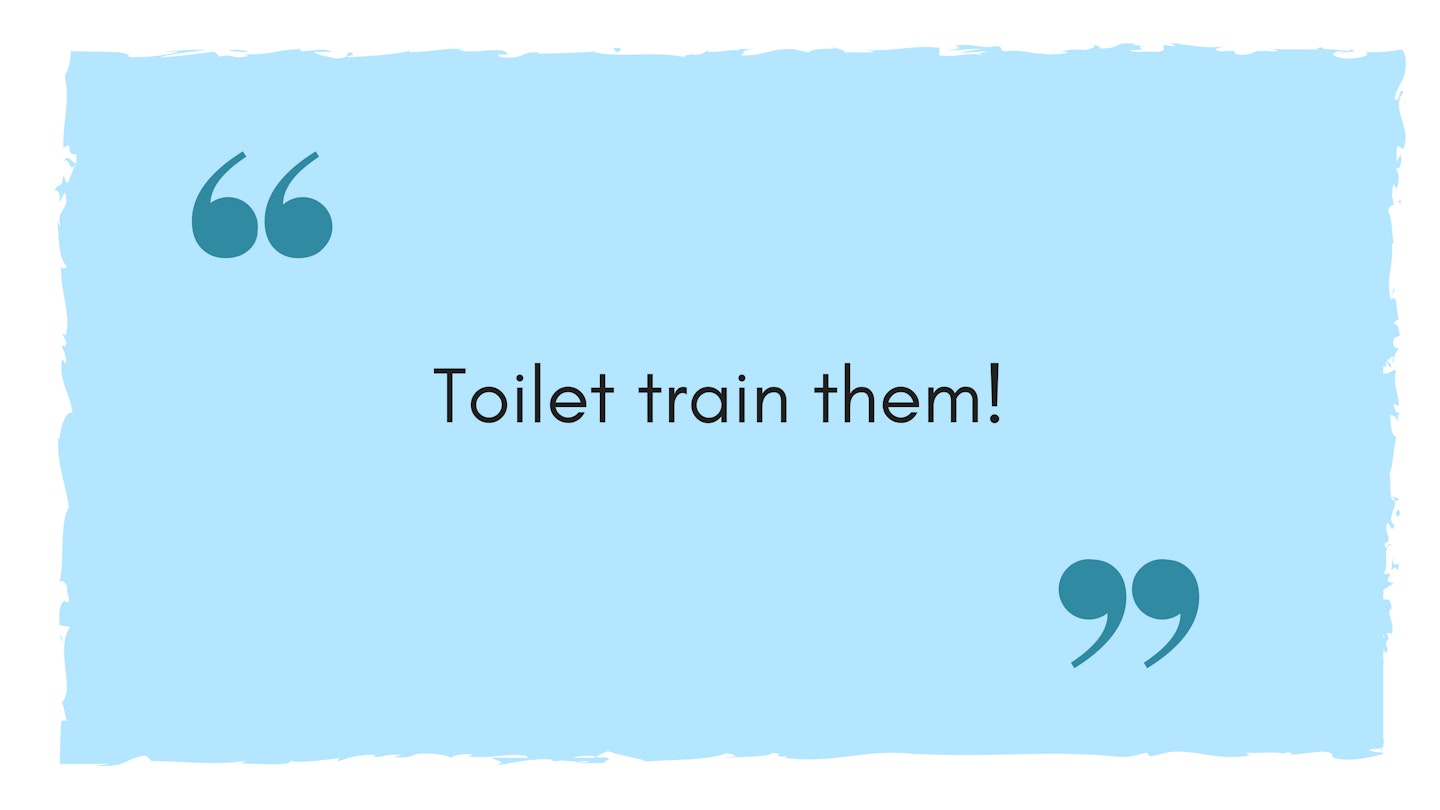 8 of 11
8 of 11primary teaching 6
- 'Toilet train them!'
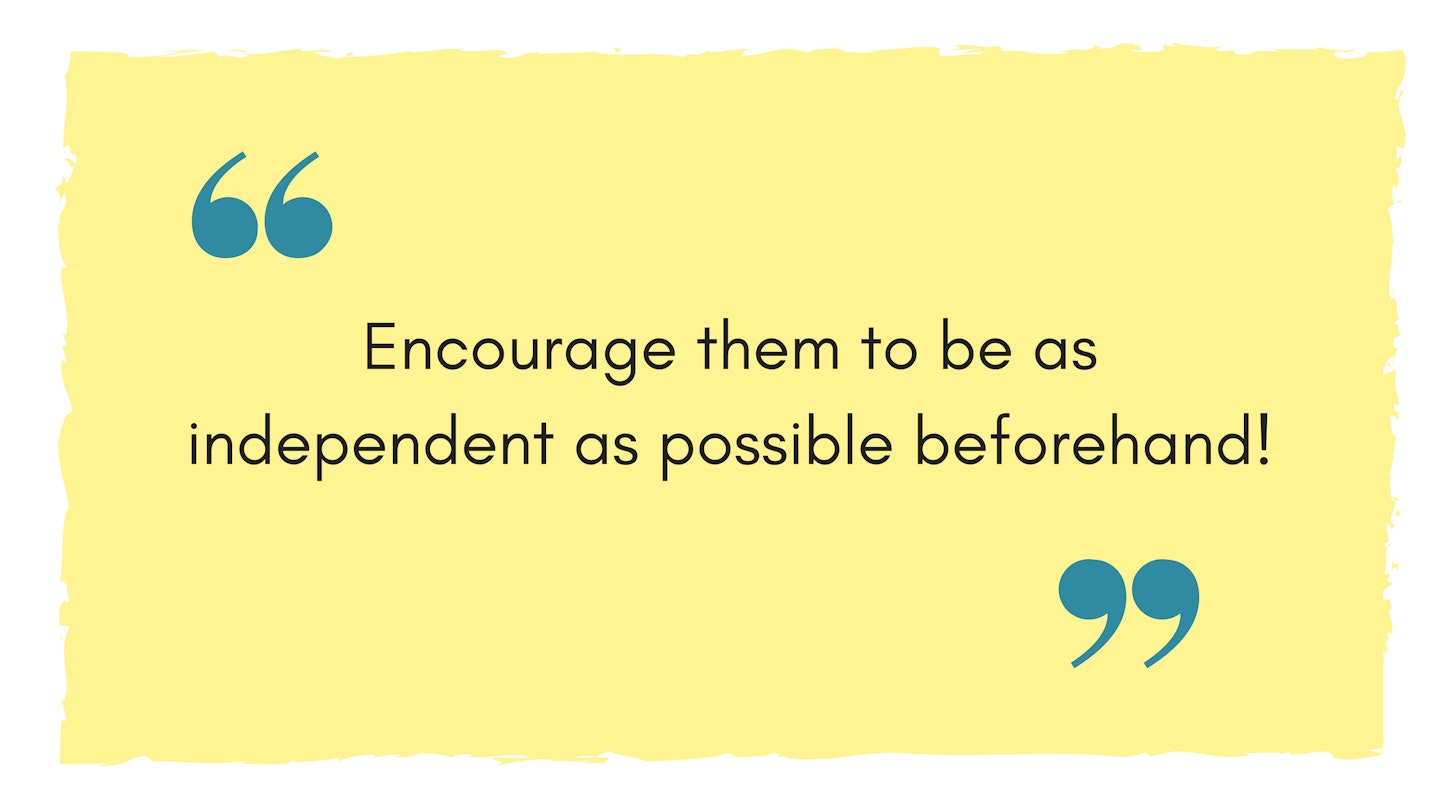 9 of 11
9 of 11primary teaching
- 'Encourage them to be as independent as possible (getting changed, tidying up after themselves, putting their rubbish in the bin, finding their clothes) it makes life at school so much easier
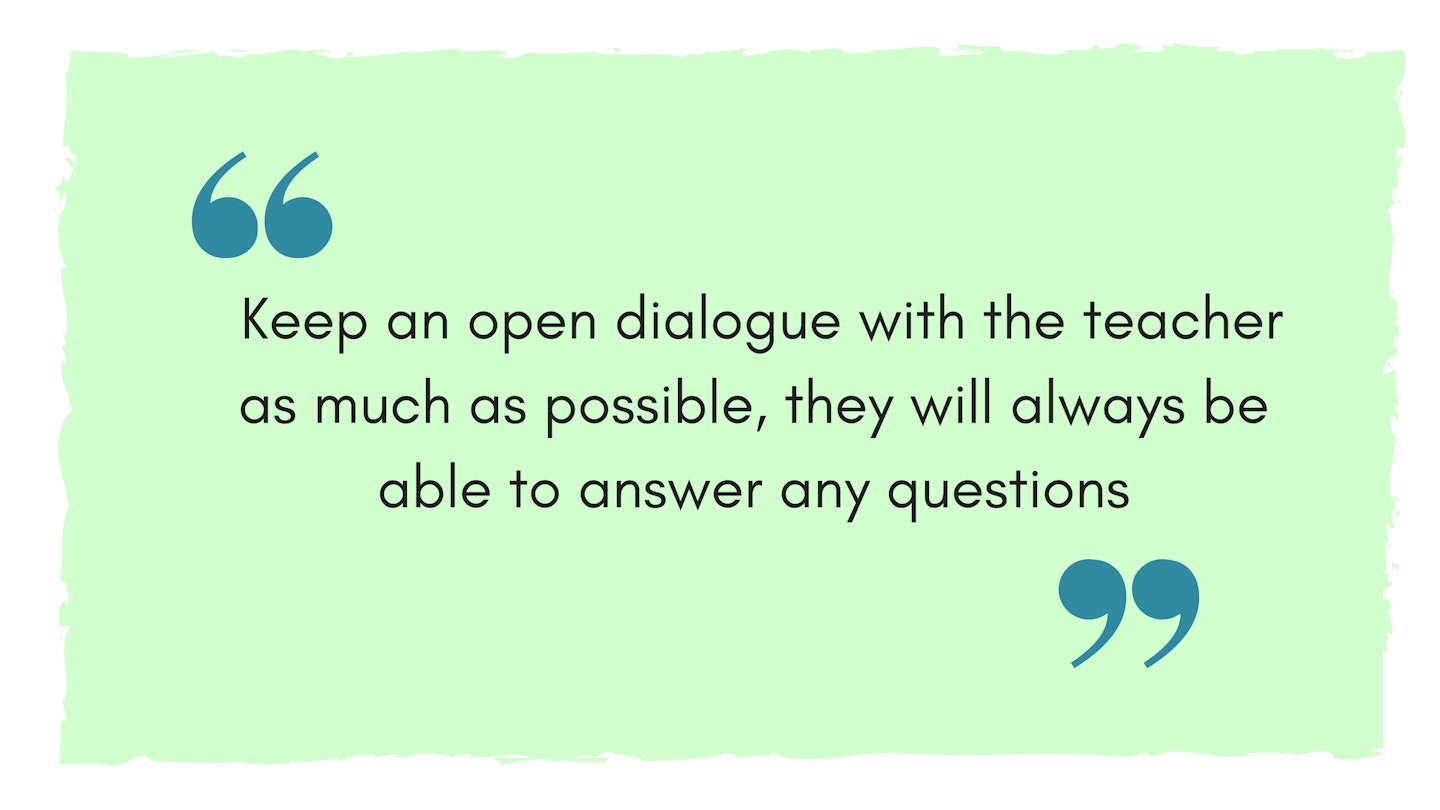 10 of 11
10 of 11primary teaching 10
- 'That it’s ok to make mistakes ! Just keep an open dialogue with the teacher as much as possible they will always be able to answer any questions. And another thing is to try not to show if you’re feeling a bit anxious, unsure or even a bit sad that your child is going to school - totally fine to feel this way but your child will pick up on these feelings naturally and may become worried themselves. It’s a bit of an act but it works to help them start school positively. Settling them happily in to school is more important than anything else in the first term!'
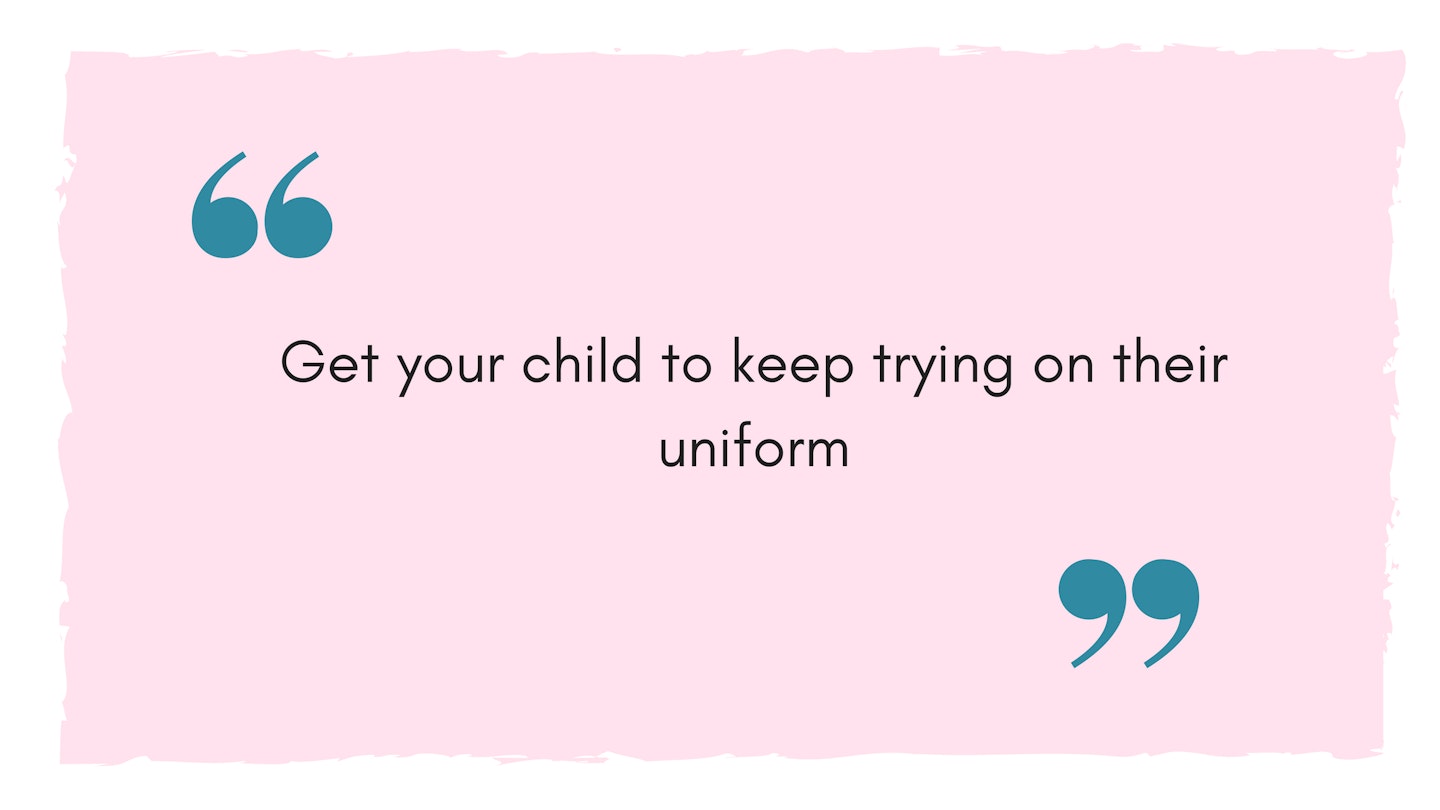 11 of 11
11 of 11primary teaching 11
- 'Get your child to keep trying on their uniform if they have one, the practise getting it on and off will help them when it’s time to get ready for PE as many children find it upsetting suddenly having to get dressed more quickly than they are used to.' Sarah Hampson, former Early Years Education Consultant & Director of Love My Name.
Make sure you're following Mother & Baby on Instagram for relatable memes, inspiring stories and parenting hacks!
Have approx 60 seconds to spare? Why not join thousands of mums-to-be and start your very own Amazon baby wish list! They're absolutely free to create and perfect to send to the friends, aunties and your mum to make sure you're getting the baby products you really need... Click here!
Now read:
